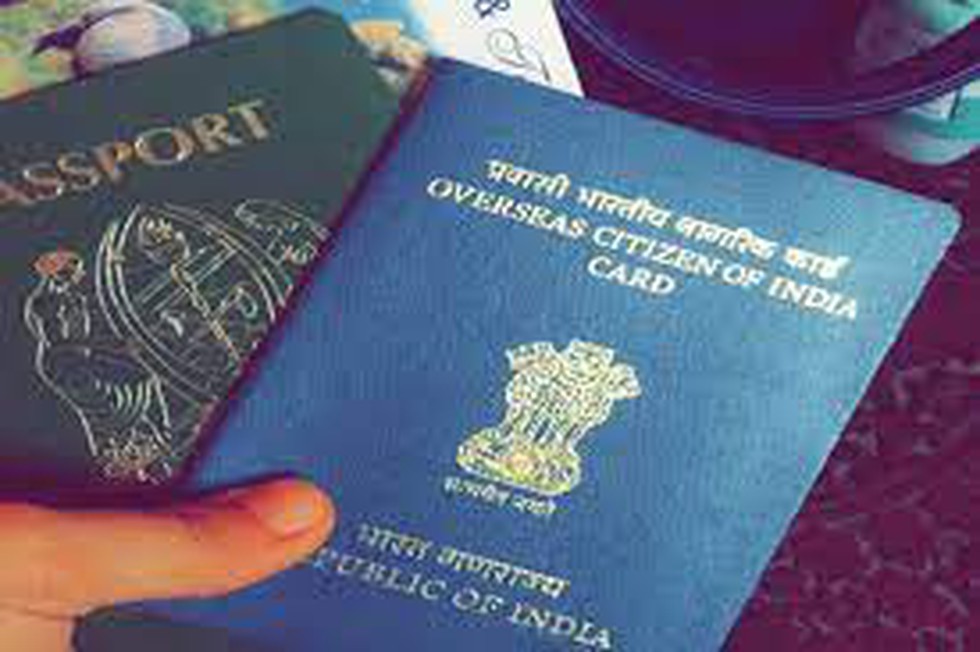About Overseas Citizen of India:
- The Overseas Citizen of India (OCI) scheme was introduced in August 2005 which provides for registration of all Persons of Indian Origin (PIOs) who were citizens of India on January 26, 1950, or thereafter, or were eligible to become citizens of India on the said date.
Who cannot be an OCI?
- An applicant is not eligible to get an OCI card if his/her parents or grandparents have ever been a citizen of Pakistan or Bangladesh.
- Foreign military personnel either in service or retired are also not entitled to grant of OCI.
- However, the spouse of foreign origin of a citizen of India or spouse of foreign origin of an OCI, whose marriage has been registered and subsisted for not less than two years, can apply for an OCI card.
- Advantages of OCI cardholders:
- An OCI card holder — essentially a foreign passport holder — gets a multiple entry, multi-purpose life-long visa for visiting India, and is exempt from registration with local police authority for any length of stay in the country.
- The OCI cardholder is
- Not entitled to vote; to be a member of a Legislative Assembly or of a Legislative Council or of Parliament; to hold Indian constitutional posts such as that of the President, Vice President, Judge of the Supreme Court or High Court.
- He or she cannot normally hold employment in the government.
Latest rules regarding OCIs
- On March 4, 2021, the Ministry of Home Affairs issued a gazette notification amending the rules regarding OCI card holders.
- These rules required OCI card holders to seek permission or a permit to visit protected areas in India.
- The same restrictions apply to foreign nationals visiting Jammu & Kashmir and Arunachal Pradesh.
- They need to secure a special permit to undertake “any research”, to undertake any “missionary” or “Tablighi” or “journalistic activities” or to visit any area in India notified as “protected”, “restricted” or “prohibited”.
- They are at par with “foreign nationals” in respect of “all other economic, financial and educational fields” for the purposes of the Foreign Exchange Management Act, 2003 although past circulars by the Reserve Bank of India under FEMA continued to hold ground.
